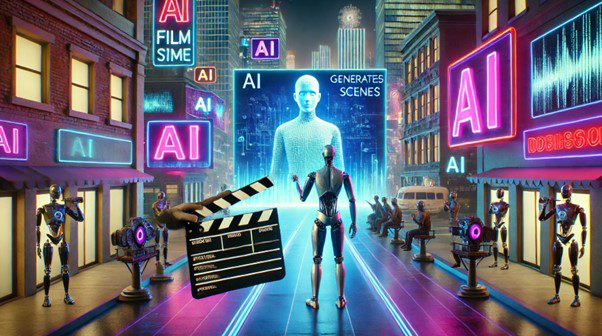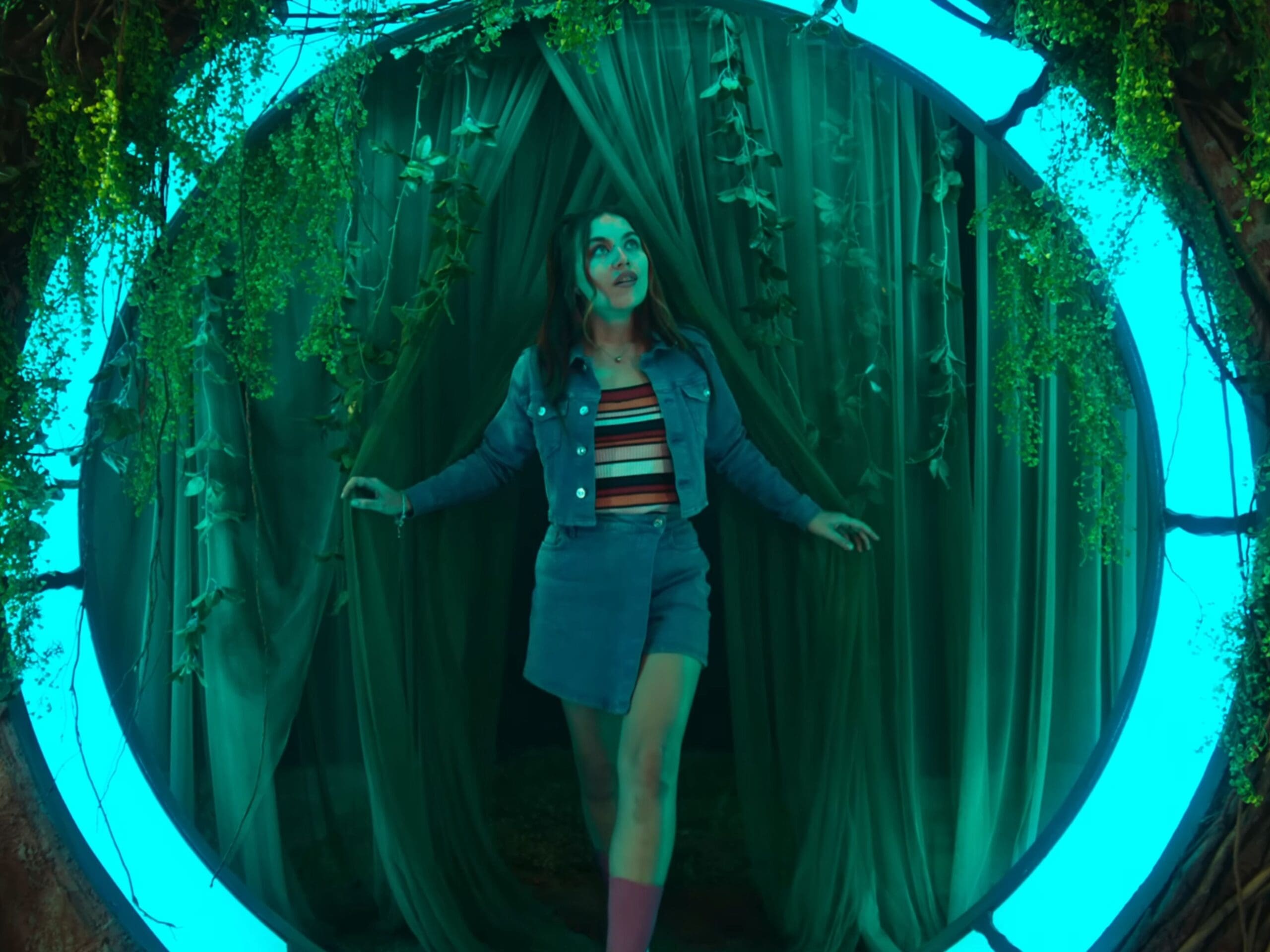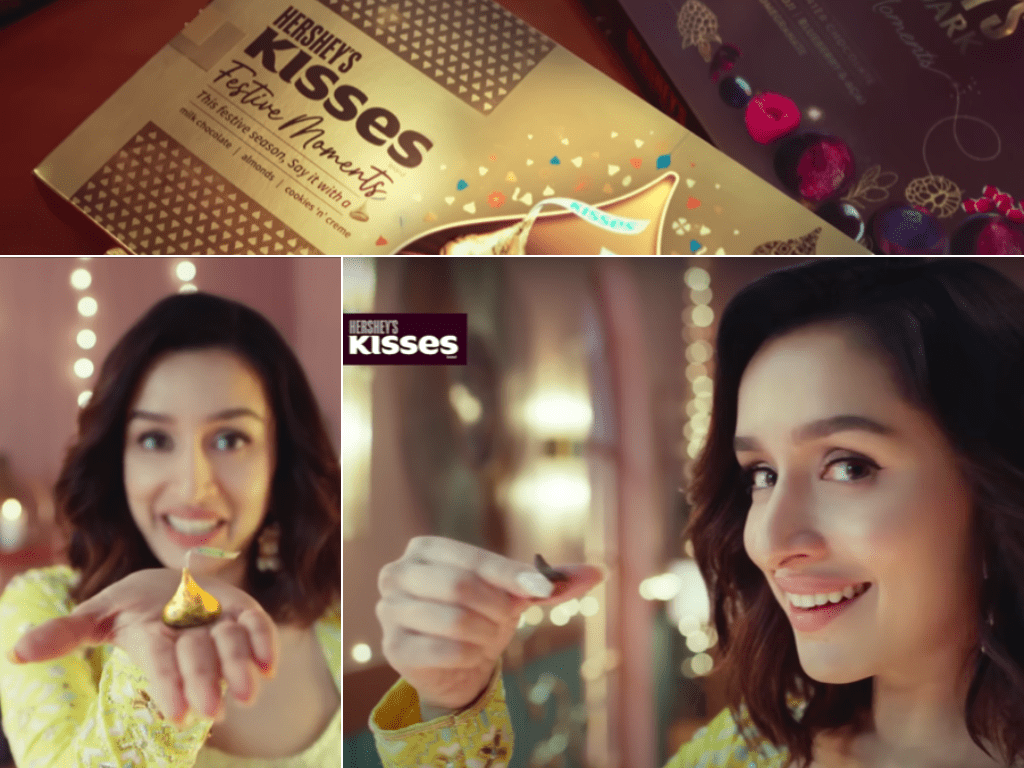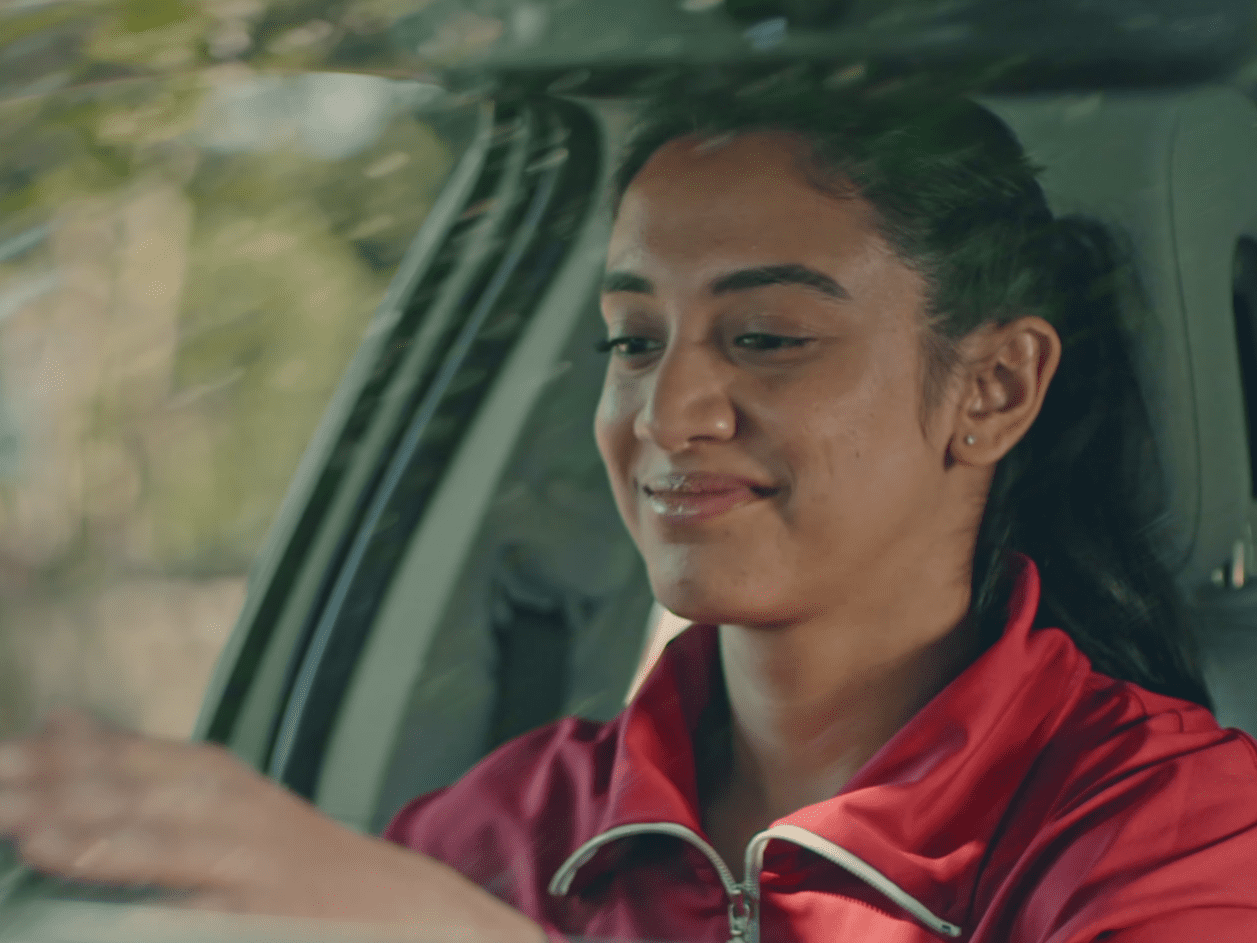Artificial intelligence is transforming every industry, and advertising is no exception. The idea of fully AI-generated ad films might have sounded futuristic a few years ago, but today, it’s closer to reality than ever. With advancements in AI technology, from scriptwriting to video editing, brands are starting to explore the possibilities of commercials entirely created by machines. But will they accept this shift completely? Let’s dive into what the future holds.
1. AI’s Growing Role in Ad Film Creation
AI is already playing a significant role in advertising. From generating creative concepts to automating editing processes, AI tools are helping brands create engaging content faster and more cost-effectively. For instance, AI-powered platforms can analyse consumer behaviour and craft scripts tailored to specific target audiences. Video editing software like Runway and Pictory uses AI to cut, edit, and add effects with minimal human intervention.
https://www.instagram.com/p/DFc4KO8TNke
2. Advantages of AI-Generated Commercials
Perhaps the strongest argument for using entirely AI-based commercials is that of efficiency. AI makes it possible to create content at a fraction of the cost and time that traditional methods of production require. With its capacity to construct various forms of an advertisement, the brand can simply experiment with other approaches and see what works best for their constituents.
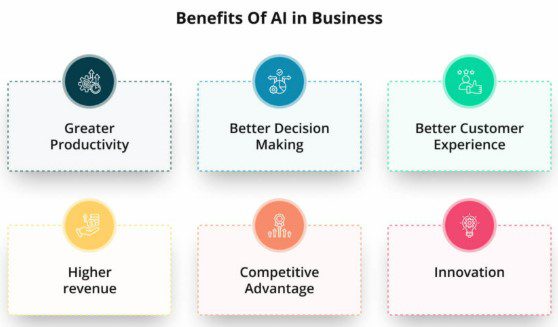
Another significant benefit is personalization. AI will personalize advertising to micro-audiences, generating highly targeted content that reads and feels personal and relevant. Take an ad where the story or product interest changes based on user data – AI can provide this level of personalization at scale.
3. Challenges and Limitations
Even with its benefits, AI-created advertising has a major drawback. Emotional narratives are an integral part of effective commercials. Though AI may emulate human ingenuity, it remains weak when it comes to developing narratives that create profound emotional reactions. Authenticity and shared experience, integral to building brand trust, can be difficult to obtain when a computer drives the creative process.
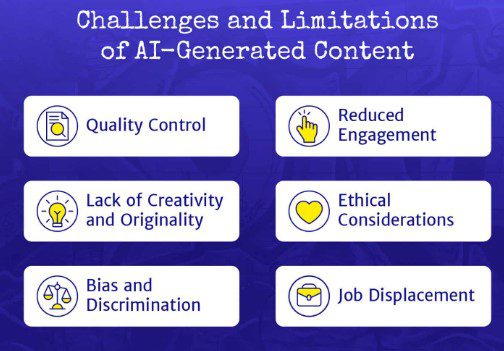
There is also originality as a problem. AI often works based on learning from data already in place, and intellectual property as well as creative rights become problematic areas. Brands could be wary of AI usage when it compromises on originality and creativity.
4. Creative Collaboration: AI and Human Synergy
Rather than completely replacing human creativity, AI is likely to enhance it. The future could see more collaborations between human creators and AI tools, where AI handles technical and repetitive tasks, freeing human teams to focus on emotional and strategic elements.
For example, brands like Lexus have already experimented with AI-generated commercials, where AI analysed past award-winning car ads to write a script. However, human directors and production teams still played a vital role in bringing the concept to life, ensuring the ad resonated with viewers emotionally.
5. Consumer Perception and Ethical Considerations
Public acceptance of AI-generated content will be the key to its success. Transparency will be the byword. Will consumers pay for a brand message if they know a machine made it? Some will value the innovation, but others will find it impersonal.
There are some ethics-based issues as well. Data privacy, representation, and bias-related issues have to be kept in mind. AI is trained on data, and if there is bias in the data, then the output generated through it will be biased as well. Brands should ensure that AI-generated content is inclusive and ethical.
6. Will Brands Fully Embrace AI-Generated Commercials?
The answer lies in balance. While fully AI-created commercials will become more common, complete reliance on AI might not be feasible for all brands. Luxury brands, for instance, often rely on human craftsmanship stories to build exclusivity, something AI might not yet convey authentically.
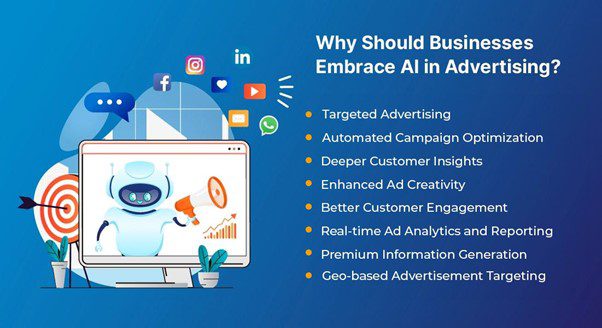
However, for digital campaigns where speed and cost are priorities, AI-generated ads could become the norm. Social media platforms, with their demand for constant content, might see the most significant adoption of AI-created films.
7. What’s Next for AI in Advertising?
As AI continues to evolve, we might see tools capable of deeper emotional understanding, creating stories that connect on a human level. With advancements in natural language processing and generative models, AI might soon handle complex creative tasks with minimal supervision.
Additionally, interactive AI-generated ads could become mainstream. Picture commercials where viewers can influence storylines in real-time, offering a personalized brand experience.
Final Thoughts
The future of AI-generated ad films is promising and filled with possibilities. While some challenges remain, the potential for efficiency, personalization, and innovation is undeniable. Brands are unlikely to abandon human creativity entirely, but AI will become an indispensable part of the storytelling process. Will brands accept fully AI-created commercials? Eventually, yes – but likely in specific contexts where speed, customization, and cost matter most. The real future lies in a harmonious blend of human creativity and AI precision, crafting compelling stories that captivate audiences in new and exciting ways.


